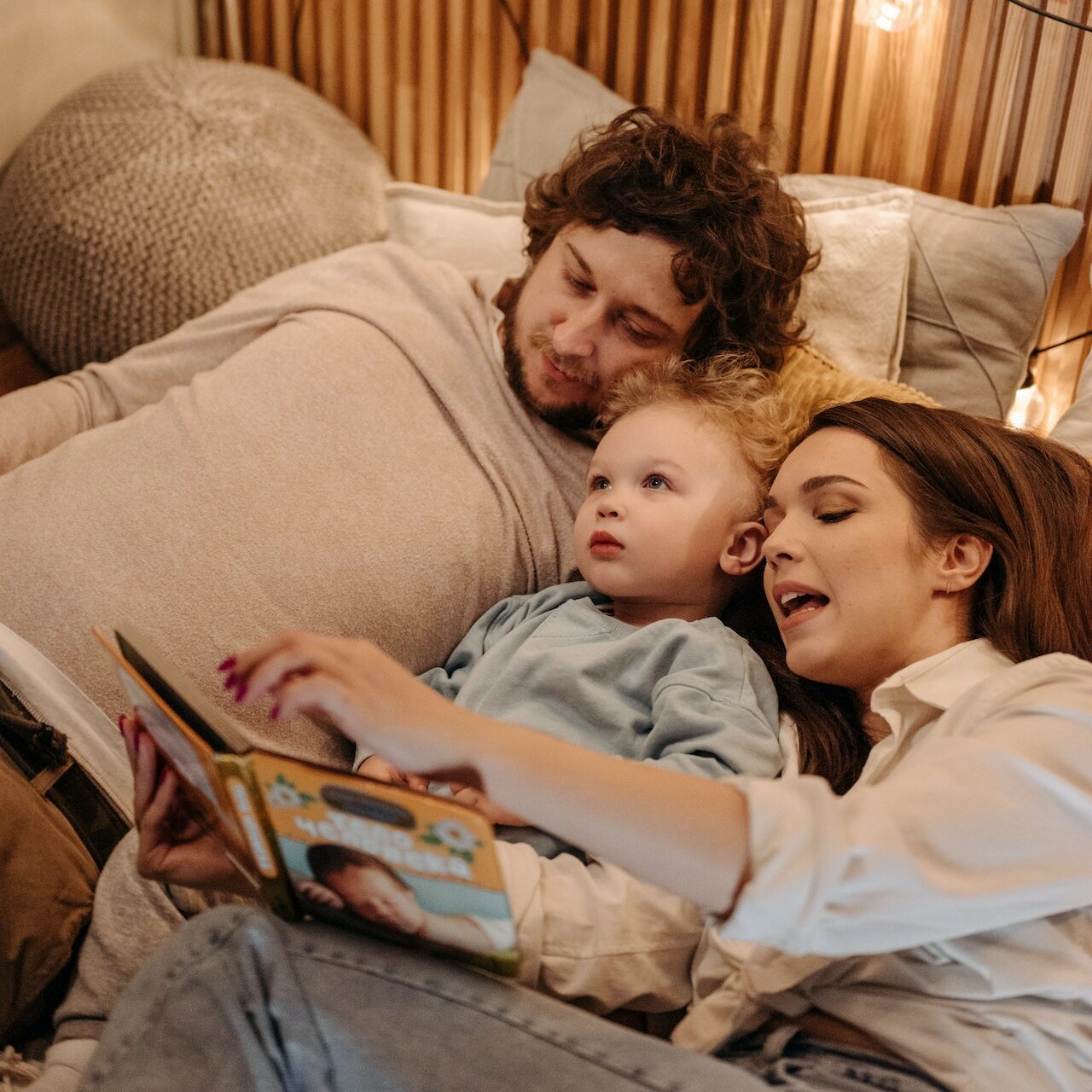The Power of Active Listening
Communication within a family can be challenging, with various members having different needs and perspectives. One essential skill that can transform your family dynamics is active listening. Active listening involves not just hearing the words spoken but also understanding the emotions and intentions behind them. Here’s how it can make a significant difference in your family:
Understanding Beyond Words: Active listening goes beyond hearing the words someone is saying. It involves paying attention to non-verbal cues like facial expressions and body language. By tuning into these cues, you can better understand what your family members are truly feeling.
Building Empathy: When you actively listen, you’re showing empathy. This means you’re making an effort to understand and share in the emotions of your loved ones. It helps create a sense of connection and support within the family.
Reducing Conflict: Misunderstandings and conflicts often arise from miscommunication. Active listening can help prevent such conflicts by ensuring that everyone feels heard and valued. When family members know they can express themselves and be heard, they’re less likely to resort to arguments or resentment.
Strengthening Relationships: Active listening fosters trust and respect among family members. When you listen attentively to your loved ones, it demonstrates that you care about their thoughts and feelings. Over time, this strengthens the bonds within the family.
Tips for Active Listening:
- Give Your Full Attention: Put away distractions such as phones or TVs when having a conversation. Make eye contact and show that you are fully present.
- Use Reflective Listening: Repeat back what you’ve heard to confirm understanding. Phrases like “What I’m hearing is…” or “It sounds like you’re saying…” can be helpful.
- Ask Open-Ended Questions: Encourage more extended and meaningful discussions by asking questions that can’t be answered with a simple “yes” or “no.”
- Empathize: Show that you understand and validate your family member’s feelings. Statements like “I can see why you’d feel that way” convey empathy.
By incorporating active listening into your family’s communication, you can create an environment where everyone feels heard and valued, leading to stronger bonds and more harmonious relationships.
